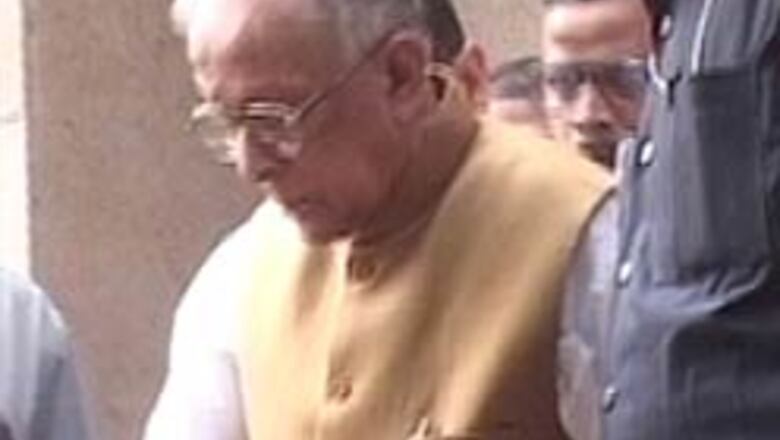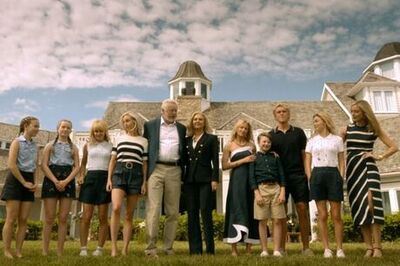
views
New Delhi: In a repeat of May 2004 where the pragmatists had failed to convince the hardliners to join the government at the Centre, the West Bengal unit of the CPI(M) is finally coming around to Prakash Karat’s way of thinking.
"Pranab Mukherjee had called me up. I said we can talk, but there is no question of compromise. We are not going to endorse the Congress policy." This is how Jyoti Basu — CPI(M) politburo member and former West Bengal chief minister — explained his stand on the nuclear deal on Saturday.
This appeared to be a complete turnaround by Basu from his earlier stand when he had said that nuclear power was needed in India and that even he had tried to get a nuclear plant in West Bengal during his tenure as the CM of the state.
And CPI-M’s 15-member politburo too witnessed three clear lines emerging within the party top brass on what constituted the bigger threat — imperialism or communalism.
The party’s West Bengal unit leaders, Jyoti Basu and Buddhadeb Bhattacharjee, and Tripura Chief Minister Manik Sarkar continued to toe the line that the domestic political agenda of keeping the BJP at bay should not become a casualty in the fight against imperialism.
Biman Bose, CPI-M state secretary for West Bengal, and party's chief negotiator Sitaram Yechury stood on a neutral ground, saying while they agreed with Basu and Bhattacharjee, they still believed that the party cannot be seen on board with the UPA or to be cozying up to US President George W Bush.
The rest — including Prakash Karat, Brinda Karat, MK Pandhe, K Varadarajan, BV Raghavulu, S Ramachandran Pillai and R Umanath — however, stuck to a hard line and adopted a tougher stance, agreeing with Prakash Karat’s line on the issue.
Sources say that the core group of the CPI-M has made up its mind that if the UPA Government goes ahead with the IAEA safeguards discussions in October, the party will be pushed to take the final call on withdrawing support to the government at the Centre.
And in the light of the extreme step adopted by the CPI-M Central Committee on the issue, the UPA-Left joint mechanism meetings now assume more significance.
Under the circumstances, the Track II talks, which the government had started with the West Bengal lobby, might just go in vain. And with the CPI-M General Secretary convincing his politburo colleagues on the tough posture, the UPA Government is now left with no room to maneuver.
















Comments
0 comment